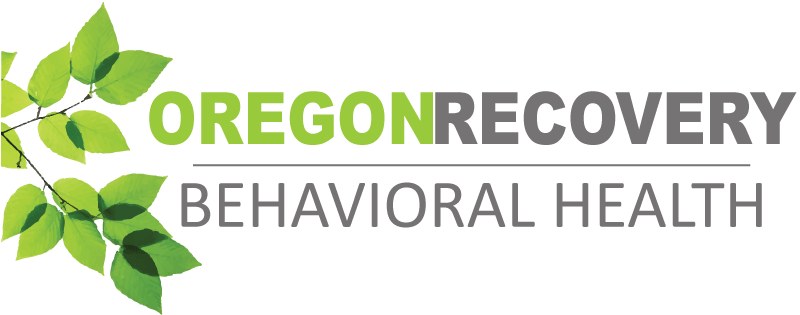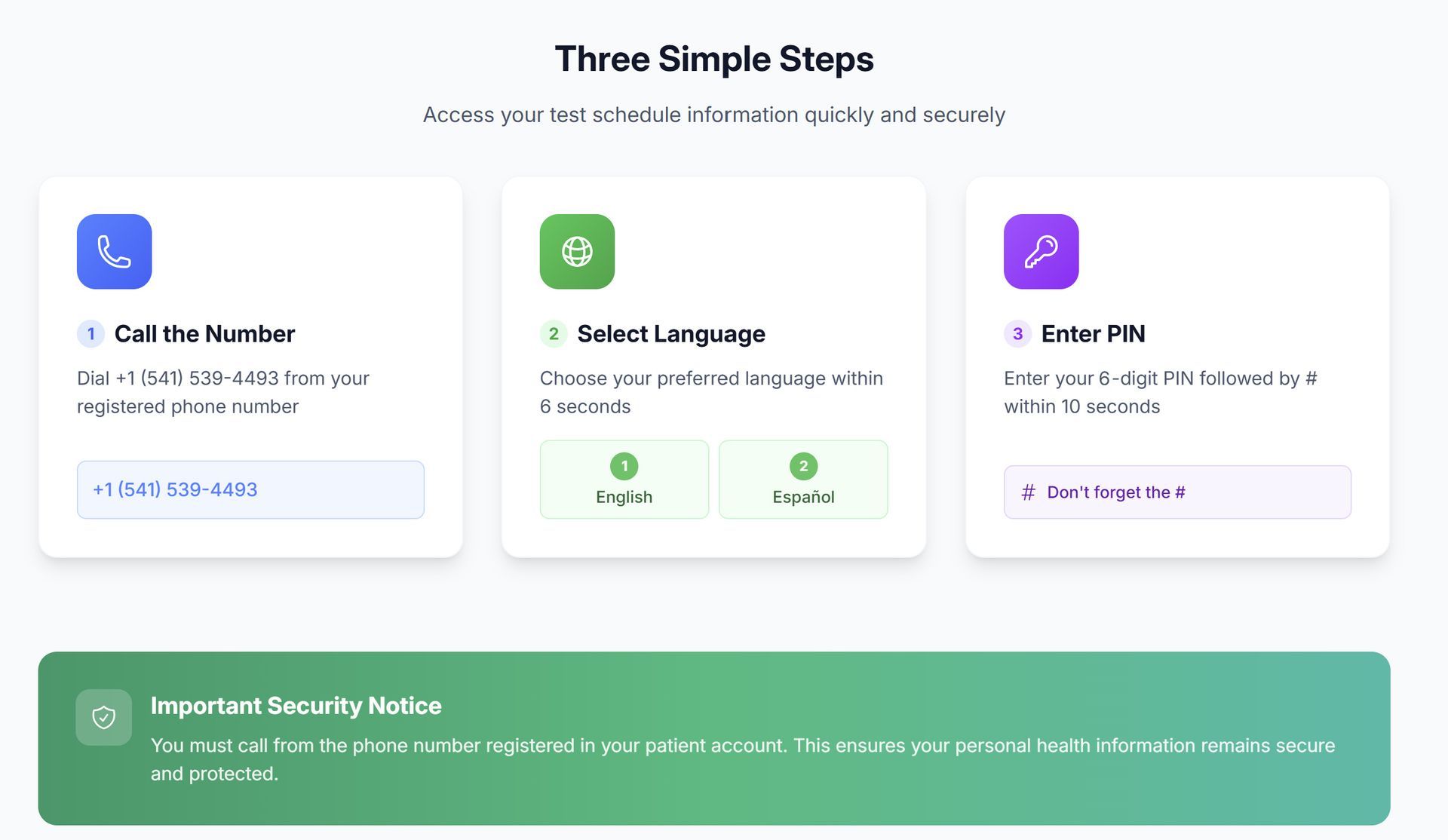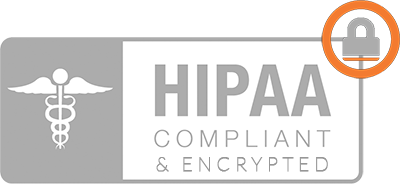3 Signs It's Time to Seek Alcohol Abuse Counseling
Recognizing when alcohol consumption has crossed the line from social enjoyment to a potentially harmful habit is crucial in maintaining both mental and physical health. While enjoying an occasional drink isn't typically problematic, it's when alcohol becomes a crutch or leads to negative behaviors that counseling may be necessary. The sooner you can identify the signs of alcohol abuse, the sooner you can seek the help you might need and regain control over your life.
1. Interference With Daily Responsibilities
One major indicator that it may be time to seek counseling is when alcohol starts to interfere with daily responsibilities. If you find yourself frequently missing work, neglecting family obligations, or failing to meet deadlines because of drinking, it could be a red flag. An increased tolerance, where you need more alcohol to feel the same effects, can also denote a growing problem that may require professional intervention.
2. Using Alcohol as a Coping Mechanism
Another sign is using alcohol as a way to cope with stress, anxiety, or depression. Individuals who rely on alcohol to escape from emotional or psychological issues can quickly find themselves trapped in a cycle of dependency. According to the National Center for Drug Abuse Statistics, 20.4% of adults 12 and older have an alcohol use disorder. This staggering statistic emphasizes the importance of addressing the issue before it worsens, helping individuals find healthier coping mechanisms through counseling.
3. Continued Drinking Despite Negative Consequences
Finally, experiencing negative consequences from drinking but continuing to consume alcohol is a clear signal that you might benefit from counseling. These consequences can range from strained relationships and legal troubles to health problems and financial difficulties. Ignoring these signs often leads to a worsening of the situation, whereas seeking counseling can provide the resources and support systems needed to stop the cycle.
In conclusion, acknowledging the signs of alcohol abuse is a courageous and essential first step towards recovery. Whether it's interfering with responsibilities, being used as an escape, or leading to continuous negative consequences, seeking professional guidance can help rectify the situation. If you or someone you know exhibits these signs, consider reaching out to a counselor or a support group to begin the journey to a healthier lifestyle. Are you looking for
alcohol abuse counseling? Call Oregon Recovery Behavioral Health today!












Share On: